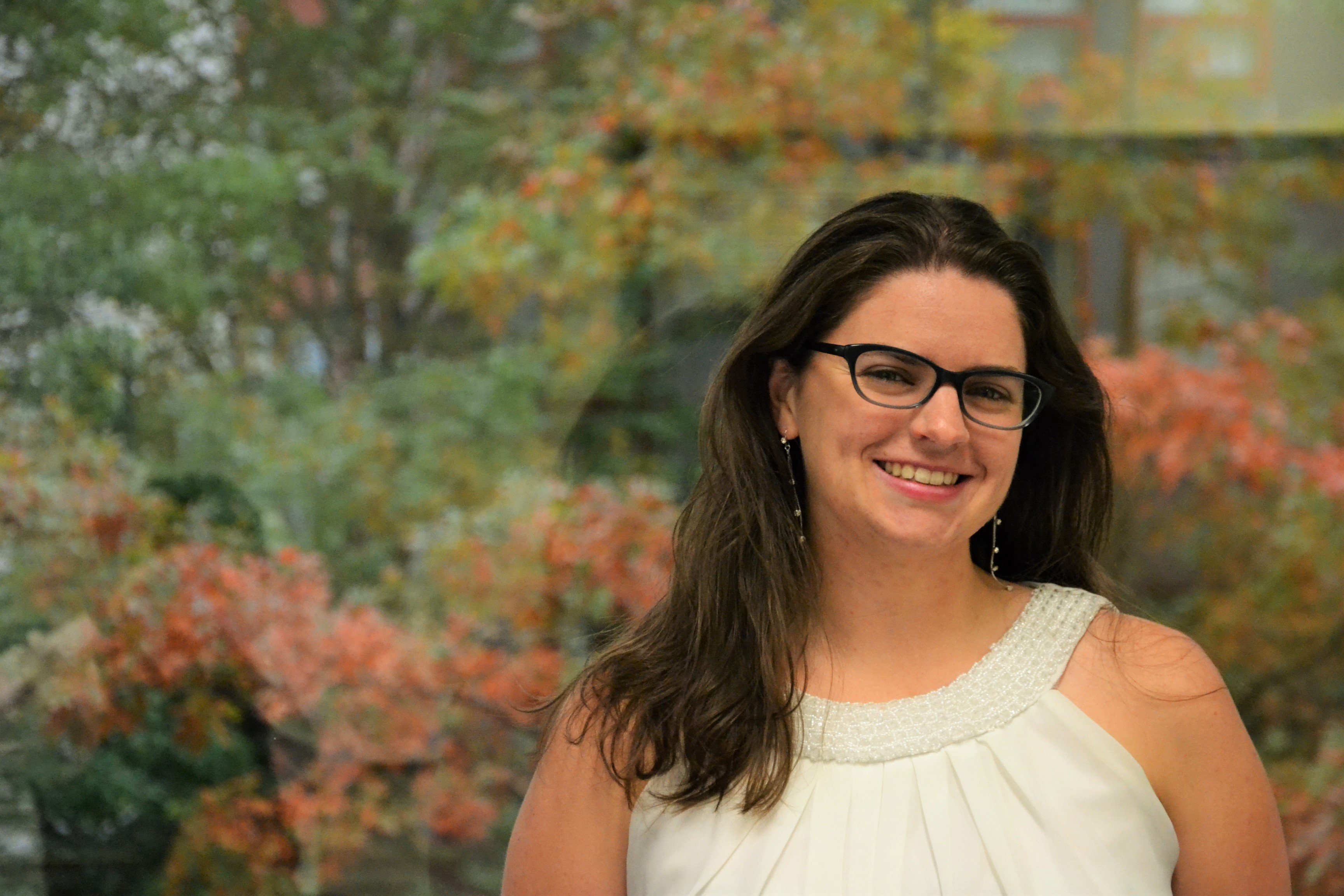
Amanda Richardson shares her thoughts on the importance of personal healing
Counsellors play a vital role in their clients’ lives by helping them gain perspective on and heal from past events. In order to help their future clients, though, student counsellors need to undergo their own personal healing before starting their career.
If you’re considering becoming a counsellor, you will soon learn that a good counselling program will integrate many opportunities for personal growth. This will not only benefit your career, but your personal life as well.
Read on to learn more about the importance of personal healing from one of Rhodes Wellness College’s students, Amanda Richardson.
Students Gain Awareness of Their Triggers in Counsellor Training
Personal healing is a vital part of preparing for a career as a counsellor. Amanda Richardson, a student in her final year of the Rhodes Wellness College Professional Counsellor Diploma Program, shares how the process of working on her own issues has affected her, and how she believes it will benefit her and her classmates in the future.
To Amanda, “It’s largely a process of expanding our self-awareness—gaining insight into why we do the things we do and the impact we can have on other people. Part of the process is identifying our triggers or the things that upset us.” (Richardson, 2017)
Learning how to identify and handle these triggers is the first step to liberating students from anything that could hold them back as professional counsellors. This is because “Triggers are usually situations where we are controlled by our emotions as opposed to our cognitive processes.” (Richardson, 2017). By being aware of your triggers, you’ll be able to stay open and unbiased when listening to your future clients—an important skill for you to have in your professional toolkit. For example, students are asked to do a detailed life assessment. During this process, issues are uncovered from a student counsellor’s past. The student is guided to work through these issues by several processes, including somatic work. Once these issues are cleared, the student counsellor experiences much more ease in their lives and their communications with others.

Students at Rhodes Wellness College participate in personal healing activities
Students Who Take Part in Personal Healing During Counsellor Training Are More Present
Personal healing during counsellor training is to free students of any emotional burdens that may hold them back from being completely present with their clients.
“During each hour session, my client is the sole focus of my attention. Whatever is going on for me in that moment—if I’ve had a bad day—I need to put that on the shelf for the hour so I can be completely present with my client,” Amanda explains. She adds that, “I think that’s a difficult task to do without any personal healing work. Part of [being present] involves being in tune with yourself enough to recognize what you’re thinking and feeling at the moment so you can put it aside. If you can’t recognize it, you can’t necessarily put it aside.” (Richardson, 2017)

Personal healing allows counsellors to focus solely on their clients
If counsellors do not undergo any personal healing, their clients may bring up something that triggers an emotional response in them. This can take a counsellor’s focus away from the client and impact the client’s ability to heal and progress. (Richardson, 2017)
“I think [personal healing is] essential for building a strong relationship with clients and it helps with the creation of a safe space where my clients are able to go on their own journey of personal healing,” Amanda shares. “Anything that disrupts that relationship can be detrimental to our clients’ process.” (Richardson, 2017)
Personal Healing Allows for Deeper Connections, Both Professionally and Personally
It’s not uncommon for counsellors to pursue a helping career path because of a personal trauma or life event that inspired them to want to help others. As a result, counsellors often need to work through their own personal challenges in order to make the most of their professional and personal lives.
For example, difficult and painful family relationships are often repaired during the process of healing. The family members do not need to be present for this process because the trauma and its repair lies within the student counsellor.
Counsellors who don’t participate in personal healing could potentially run into problems later on during their career, as Amanda explains:
“We may unconsciously bring our own agenda into the session. We might end up using the client to help us resolve our own unresolved issues, instead of helping them find the path or what works for them… If we don’t go through this process of personal healing, we can’t tell if our intentions are for ourselves or for our clients.” (Richardson, 2017)
In addition to benefiting counsellors’ professional lives, learning counselling skills in Vancouver at Rhodes Wellness College also positively impacts your own personal wellbeing. Amanda says that, “Because this is an experiential school, I’ve had so many hands-on opportunities to gain insight into myself and continue to grow into the person I want to be.” (Richardson, 2017)
“The more we know about ourselves, the more grounded we are in who we are and the more solid, contained, and comfortable we are in our own bodies.” (Richardson, 2017)
Are you interested in completing a counselling training program or receiving life skills training?
Contact Rhodes Wellness College today!
Works Cited
Richardson, A. (2017, March 13). Why Personal Healing Is an Important Part of Counsellor Training. (J. Stafford, Interviewer)









